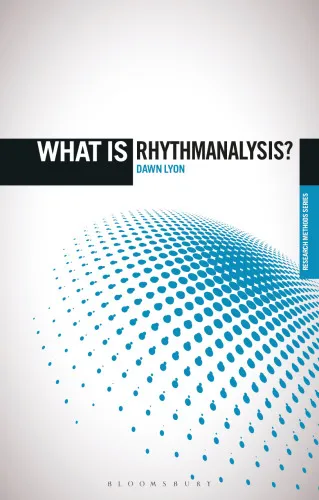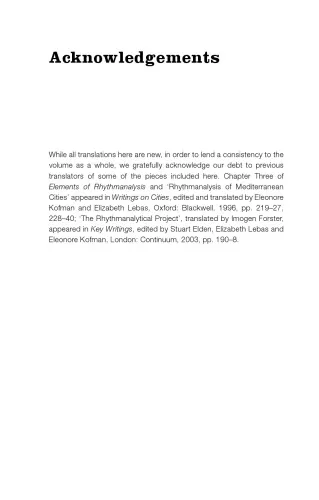Steps to an Ecology of Mind
4.6
Reviews from our users

You Can Ask your questions from this book's AI after Login
Each download or ask from book AI costs 2 points. To earn more free points, please visit the Points Guide Page and complete some valuable actions.Related Refrences:
Introduction to 'Steps to an Ecology of Mind'
Gregory Bateson's seminal work, 'Steps to an Ecology of Mind', is a profound exploration of the interconnectedness of mind, nature, and culture. Published in 1972, the book is a collection of essays and lectures that traverse a range of disciplines, from anthropology and psychology to cybernetics and ecology. It presents a rich tapestry of thought that challenges conventional understandings and encourages a holistic view of human and non-human systems.
Detailed Summary of the Book
In 'Steps to an Ecology of Mind', Bateson introduces a methodology for thinking about complex interactions within systems. Drawing on his diverse academic background, each essay builds upon the last to weave a comprehensive narrative about the nature of cognition, communication, and the environment. The book is divided into various sections that address themes such as the processes of learning and evolution, the intricacies of language and metaphor, and the philosophical underpinnings of epistemology.
Bateson asserts that to truly understand the complexity of ecological and mental systems, one must adopt an integrative perspective that recognizes the mutual interdependence of all life forms. The book delves into cybernetic theory and systems thinking, presenting them as essential tools for comprehending the feedback loops and patterns that define our reality.
Throughout the essays, Bateson explores how human perception and thought processes can distort the way we interact with the world. He argues for a paradigm shift towards an 'ecology of mind' where the emphasis is placed on the relationships between entities rather than on the entities themselves.
Key Takeaways
- The interconnected nature of systems: Bateson emphasizes that all systems are part of a larger network, and understanding one element requires an understanding of its context.
- The limits of human perception: Bateson contends that human cognition is limited and that recognizing these limits is crucial for a more accurate understanding of the world.
- Cybernetics and feedback loops: The book illustrates how cybernetic principles apply to both biological and social systems, offering insights into their function and evolution.
- A new epistemological approach: Bateson proposes a shift from traditional cause-and-effect thinking to a more relational understanding of knowledge.
Famous Quotes from the Book
"The major problems in the world are the result of the difference between how nature works and the way people think."
"Without context, words and actions have no meaning at all."
"The pattern which connects is a metapattern. It is a pattern of patterns."
Why This Book Matters
'Steps to an Ecology of Mind' remains a pivotal work because it offers a framework for thinking that is increasingly relevant in today's interconnected world. As we face complex ecological, social, and technological challenges, the insights from this book encourage a systems-oriented approach to problem-solving.
Bateson's work is influential not only in the academic world but also in practical applications across various fields. By advocating for a broader perspective on how we interrelate with our surroundings, it invites readers to reconsider their impact on the world and the importance of sustaining harmonious relationships within the biosphere.
The book challenges us to rethink the separation between mind and nature, urging a move towards a more integrative and responsible way of living and thinking. Its enduring relevance highlights the necessity of an ecological perspective to navigate the complexities of modern existence.
Free Direct Download
You Can Download this book after Login
Accessing books through legal platforms and public libraries not only supports the rights of authors and publishers but also contributes to the sustainability of reading culture. Before downloading, please take a moment to consider these options.
Find this book on other platforms:
WorldCat helps you find books in libraries worldwide.
See ratings, reviews, and discussions on Goodreads.
Find and buy rare or used books on AbeBooks.
1446
بازدید4.6
امتیاز0
نظر98%
رضایتReviews:
4.6
Based on 0 users review
Questions & Answers
Ask questions about this book or help others by answering
No questions yet. Be the first to ask!
































